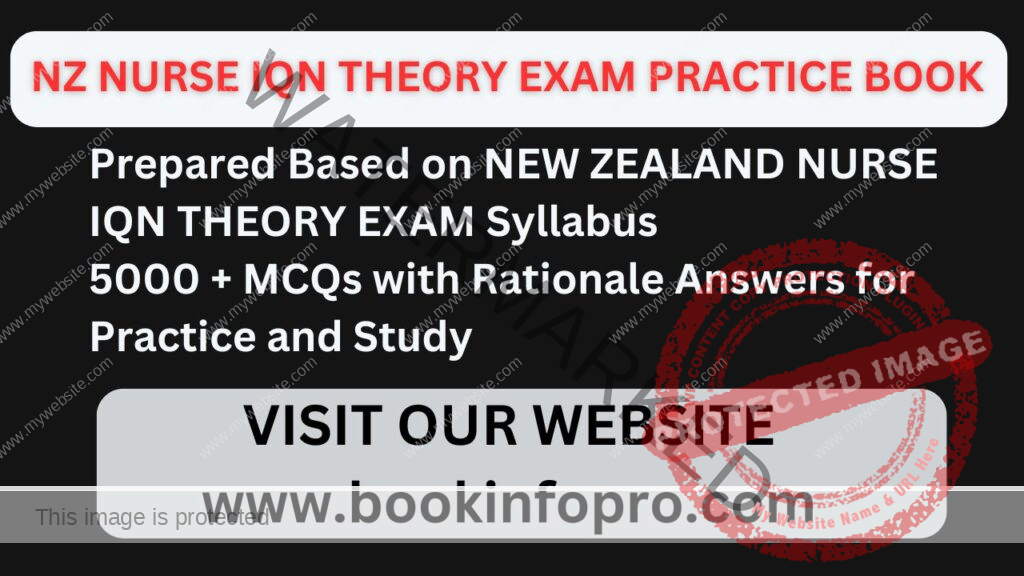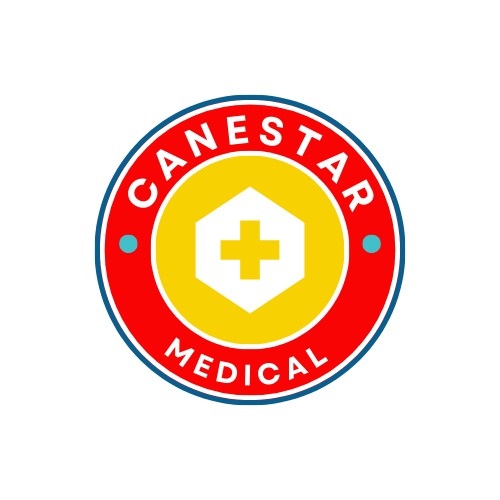New Zealand Nurse IQN Theoretical Examination Questions with Answer
we have given previous year New Zealand Nurse IQN Theoretical exam questions with answer to prepare for international qualify nurses.
The IQN NZ (Internationally Qualified Nurses New Zealand) theoretical exam is part assessment, designed for nurses who are internationally qualified and wish to practice nursing in New Zealand. This exam ensures that overseas-trained nurses meet the required nursing standards to register and work in New Zealand.
The theoretical exam typically assesses the candidate’s understanding of nursing theory and practice, covering areas such as:
- Nursing knowledge and skills – including patient care, disease management, and health promotion.
- Cultural safety – understanding New Zealand’s health system, including the significance of the Treaty of Waitangi and providing culturally appropriate care.
- Legal and ethical responsibilities – nursing within New Zealand’s legal framework and ethical guidelines.
- Patient safety and healthcare protocols – ensuring safe practice standards.
- Clinical reasoning and critical thinking – problem-solving and decision-making in patient care situations.
The theoretical exam may be taken as part of the nurse program, which also involves clinical placements to demonstrate practical nursing skills.
visit website for www.bookinfopro.com
What is the first step in the nursing assessment process?
- Diagnosis
b) Planning
c) Implementation
d) Data collection
ANSWER – d) Data collection
Which of the following is a subjective data point?
- Blood pressure reading
b) Heart rate
c) Patient’s complaint of pain
d) X-ray results
ANSWER – c) Patient’s complaint of pain
What does PQRST stand for in pain assessment?
- Provocation, Quality, Region, Severity, Timing
b) Prevention, Quantity, Radiation, Symptom, Type
c) Pressure, Quickness, Region, Sensitivity, Time
d) Position, Quality, Radiation, Severity, Timing
ANSWER – a) Provocation, Quality, Region, Severity, Timing
Which of the following is NOT included in a complete health history?
- Past medical history
b) Current medications
c) Family history
d) Sibling’s health status
ANSWER – d) Sibling’s health status
What does the acronym ABC stand for in emergency assessment?
- Airway, Breathing, Circulation
b) Assessment, Breathing, Cardiac
c) Airway, Blood pressure, Circulation
d) Assessment, Blood pressure, Cardiac
ANSWER – a) Airway, Breathing, Circulation
Which tool is used to assess the level of consciousness in a patient?
- Glasgow Coma Scale
b) Braden Scale
c) APGAR Score
d) Morse Fall Scale
ANSWER – a) Glasgow Coma Scale
A pulse oximeter is used to measure:
- Blood pressure
b) Oxygen saturation
c) Heart rate
d) Respiratory rate
ANSWER – b) Oxygen saturation
Which is an example of objective data?
- Patient’s description of dizziness
b) Nurse’s observation of a rash
c) Patient’s expression of nausea
d) Description of pain by patient
ANSWER – b) Nurse’s observation of a rash
The acronym SOAP in nursing documentation stands for:
- Subjective, Objective, Assessment, Plan
b) Symptom, Observation, Action, Procedure
c) Subjective, Opinion, Assessment, Plan
d) Symptom, Objective, Analysis, Procedure
ANSWER – a) Subjective, Objective, Assessment, Plan
Which of the following is a primary assessment in the nursing process?
- Focused assessment
b) Comprehensive assessment
c) Initial assessment
d) Shift assessment
ANSWER – b) Comprehensive assessment

